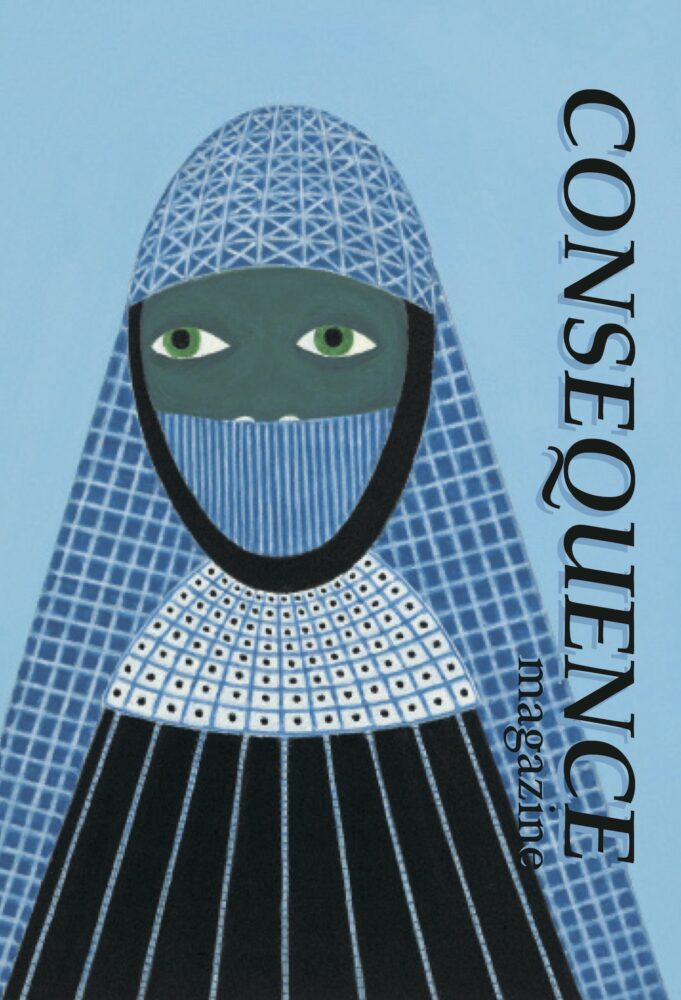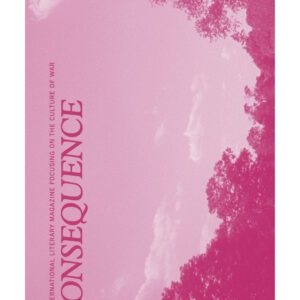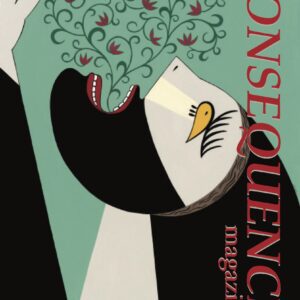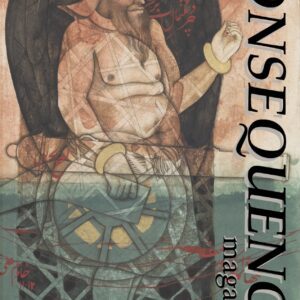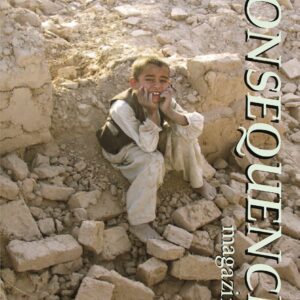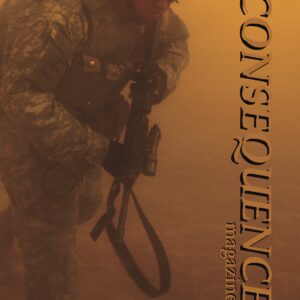Volume 5
$5.00
Editor’s Note
The standard definition of war, one society imposing its will on another by militant force, fails the test for full disclosure. It appears to be hiding something. Squeezed between the muscular words “imposing” and “force” sits that ambiguous “will.” By the rules of grammar and logic, not to mention reason, that word should carry more weight. But will is a slippery concept, easily lost when we discuss war in terms of armies, weapons, destruction, and suffering. The willfulness of the aggressor and the intentions of his will are among the missing—two of the many subjects we don’t talk about when we talk about war.
To a shameful extent the media are to blame for the lack of serious analysis and discussion of war. Profit-driven and increasingly ideological, they allow and in some cases dictate a superficial level of discourse that insults and infantilizes us. War is a given; war is hell; get used to it; and believe what we tell you. Most troubling though is how little we are told, and how difficult it is to get the information we need. A test of wills is ongoing among government to control the war narrative, the media to preserve their integrity, and the governed to decode the message. The collective will of society is merely a trope; the will of powerful interests trumps the popular vote. While oligarchs face the scrutiny of only those elites who keep them in power, thoughtful individuals probing the thin atmosphere of mainstream media find few opportunities for inclusion in the national dialogue—such as it is.
While we earn wages, send kids to school, volunteer at shelters, make grocery lists, and perform all the activities that define society, a culture of war abides, sustained by portions of our earnings. The demands of a complex age easily distract us from matters beyond our control, problems we’d rather not face. The default position: rely on self-assured pundits and broadcast information to make important decisions, like condoning war waged in the name of society’s will. Iraq comes to mind. The spectacle of willfulness on the part of the Cheney/Bush coterie was an impressive display of fabricating a narrative and bamboozling a nation still in shock from 9/11. The triumph of their will quickly reached apogee under a hubristic banner on the deck of a warship. Leni Riefenstahl could not have staged it better. It was pretty much downhill from there, a long and costly march to moral bankruptcy. But the administration’s deceptive narrative succeeded. It took years to deconstruct and dismantle the lies, due largely to a lack of will on the part of a cowed and equally discredited fourth estate. The counter-narrative to “the interest of national security and a free society” was virtually clandestine. Dissenting voices got shouted down, or strangled with yellow ribbons. It has taken the courage of Bradley Manning, Julian Assange and strong-willed activists to prick a nation’s conscience.
The writers and artists whose works appear in CONSEQUENCE show similar moral courage and strength of will. They create powerful narratives that invigorate a discourse that will be necessary as long as war is conceivable. Here readers will find new ideas, unique perspectives, and literature that provides emotional as well as intellectual access to the extremes of human conduct.
We need look no farther than the recent massacre at Sandy Hook Elementary School for evidence of these extremes. Twenty children and six adults killed by one man is the latest tragedy in a parade of incomprehensible violence made possible in part because weapons designed for war are on sale at Walmart. Gun culture is the focus of two exceptionally well-crafted works in this issue. Lee Hancock’s tautly compelling essay, “Interview with a Gun,” explains how Nidal Hasan bought a high-tech weapon and efficiently killed thirteen and wounded twenty-nine at Fort Hood, Texas—and how the exceptionally lethal handgun he chose made it so easy that any of us could do the same. In David Abrams’ powerful and poignant story, “Guns,” a young boy is taught by his father how to shoot elk; and later, as a soldier, struggles toward competency with an M-16, and his own humanity in combat. Stories like these reveal aspects of a society at risk and a culture of war. They are two degrees on a spinning moral compass, and examples of what we don’t talk about when we talk about war.
—George Kovach
